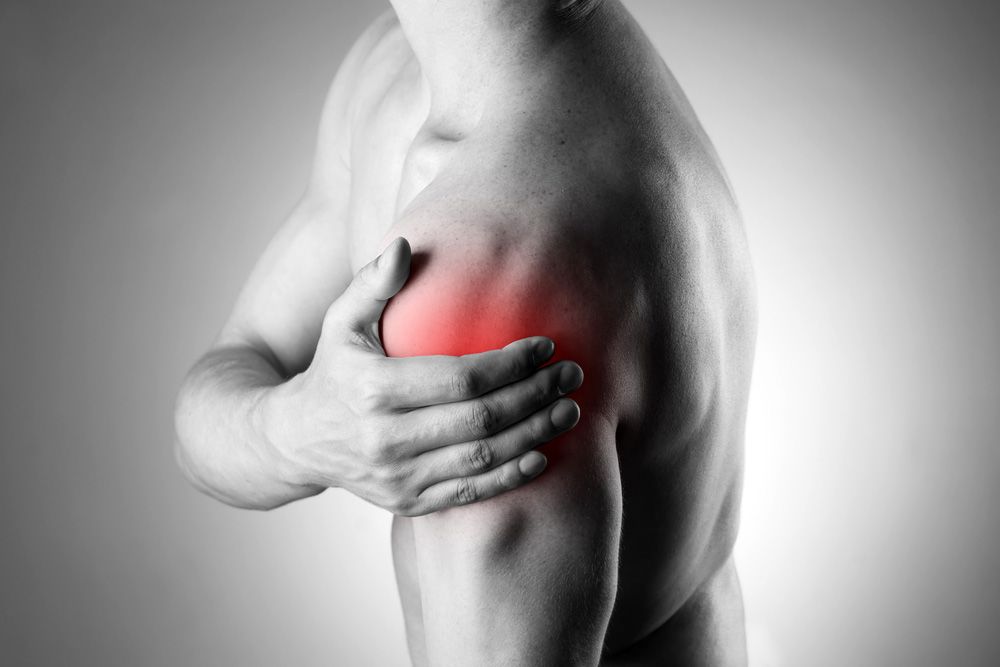
Individuals with shoulder arthritis can benefit from total shoulder replacement surgery. However, this procedure is not as advantageous for patients with cuff tear arthropathy, a complex type of shoulder arthritis characterized by large tears in the rotator cuff.
In these instances, reverse shoulder replacement may be recommended. Our doctors perform this procedure at our Austin, TX, orthopedic practice. Here, we will explore when this type of treatment is indicated and what patients can expect.
About the Rotator Cuff
The rotator cuff surrounds the shoulder joint and is made up of tendons and muscles. It is responsible for upward movements, such as lifting your arms above your head. If the rotator cuff wears out, it can ultimately lead to shoulder arthritis.
Traditional vs. Reverse Shoulder Replacement
During traditional shoulder replacement surgery, the humerus is replaced with a metal ball and the scapula is replaced with a plastic socket. For individuals with torn rotator cuffs, this new socket can become loose and move around abnormally. For this reason, reverse shoulder replacement is usually recommended instead.
During reverse shoulder replacement, the same ball and socket implants are used. However, in this case, the ball is placed on the shoulder blade and the socket is positioned on top of the arm bone. This is the "reverse" of our natural anatomy, hence the name of the procedure.
Reverse Shoulder Replacement Candidacy
Generally speaking, reverse shoulder replacement is an excellent option for those with severe fractures around the shoulder joint. This treatment is also recommended for those with osteoporosis. For these individuals, restoring normal shoulder function is rather difficult. Reverse shoulder replacement is a better option because the necessary mechanics are easier to perform.
Reverse shoulder replacement increases the effectiveness of the deltoid (the large shoulder muscle). When the rotator cuff is damaged or not working properly, the deltoid can compensate. By reversing the ball and socket, the deltoid is more capable of lifting the arm and performing normal functions.
Contraindications to Treatment
Before performing reverse shoulder replacement, your surgeon must consider many factors. There are a few things that may rule out this type of treatment, including:
- Tobacco use: Nicotine impedes healing and can have a serious negative effect on recovery. Cutting back or quitting tobacco products altogether can encourage a smooth healing process.
- Osteoporosis: While those with mild to moderate osteoporosis can still benefit from reverse shoulder replacement, this treatment may not be an option for those with severely brittle bones.
- Infection: If you are predisposed to infection, or have medical conditions that limit healing, you may not be eligible for reverse shoulder replacement.
- Damaged shoulder socket: If the shoulder socket is severely worn or damaged, your surgeon may not be able to attach the prostheses.
- Nerve damage: This condition may rule out surgery, particularly if there is nerve damage from the spinal cord to the affected shoulder.
- Damaged deltoid muscle: In order to qualify for reverse shoulder replacement, the deltoid muscle must be fully functioning with an intact nerve supply.
Our specialists will perform a comprehensive evaluation. After gathering all necessary information, they can help you determine the best course of action.
Contact Us to Learn More
If you are having shoulder pain, schedule an appointment at our Austin practice. Contact us online anytime or give us a call at (512) 476-2830.
